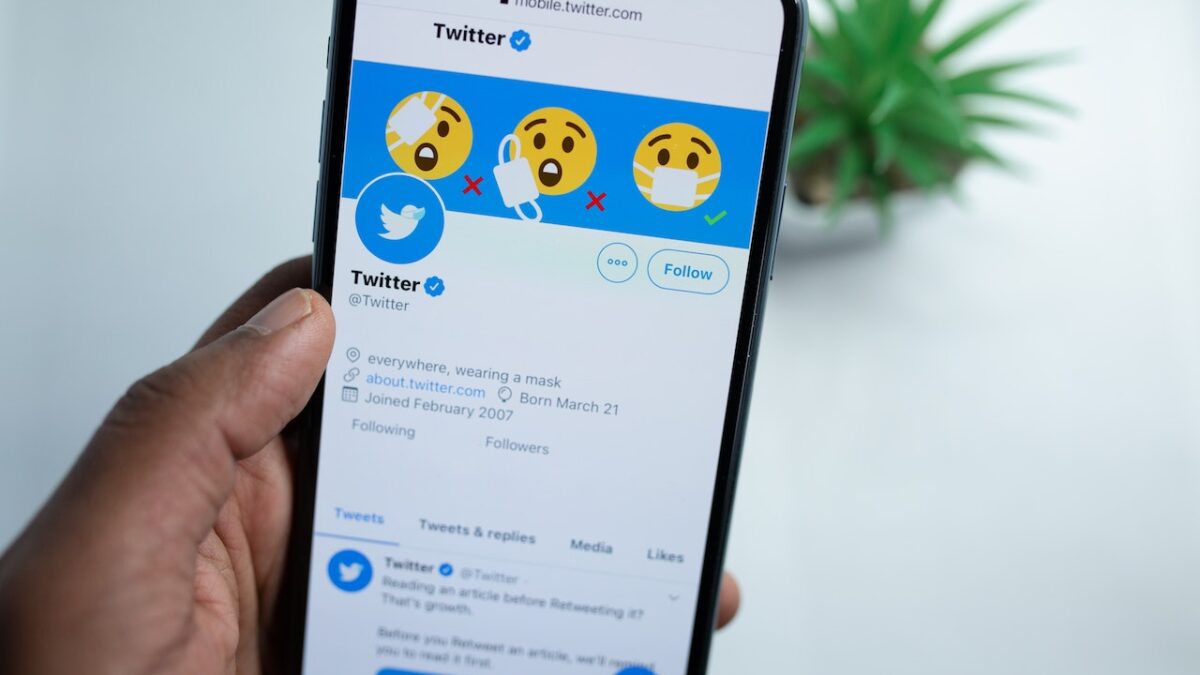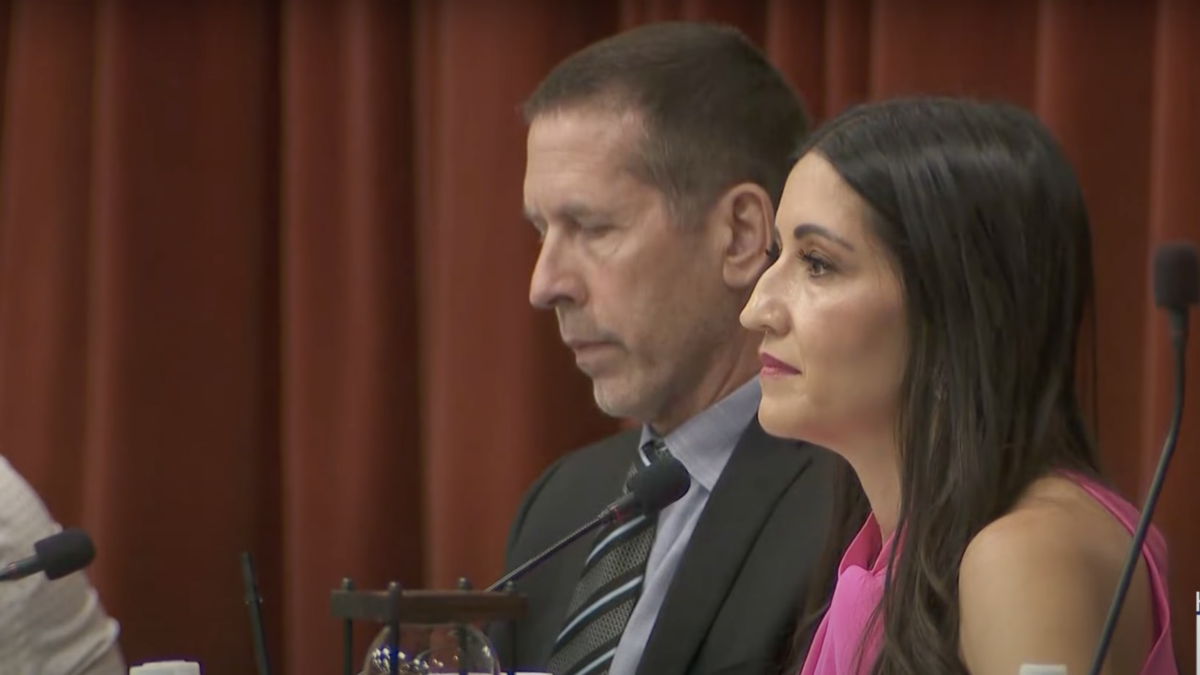In a bombshell ruling, the U.S. Fifth Circuit Court of Appeals has shut down the “nerve center” of federal government-led speech policing, correcting a critical error in its prior jurisprudence and striking a major blow for the First Amendment and against deep-state election interference.
The court’s opinion comes in the landmark free speech case in the digital era, Missouri v. Biden. Before the litigation landed in appellate court, Louisiana District Judge Terry A. Doughty declared in a fitting Independence Day ruling that federal authorities from the Biden White House to the FBI and CDC had likely engaged in “the most massive attack against free speech in United States’ history.”
They did so, Judge Doughty found, by cajoling and colluding with social media companies to silence wrong-thinking Americans on matters from election integrity to the origins of Covid under the guise of combatting national security or public health-threatening “mis-, dis-, and mal-information.”
The district court therefore disarmed the speech police by ordering a wide-ranging preliminary injunction, prohibiting federal authorities from coercing and coordinating with platforms to suppress ever-growing categories of disfavored speech during the pendency of the case.
This incensed the feds, who proceeded to appeal the decision to the Fifth Circuit, ironically arguing that by being barred from censoring disfavored speech by social media proxy, the government itself was being censored.
The Fifth Circuit wasn’t buying that argument. It upheld the crux of the lower court’s ruling, concurring that the administrative state’s pressuring of and partnering with social media companies to squelch Americans’ speech on expressly political and subjective matters effectively rendered the platforms state actors and their “content moderation” efforts an assault on the First Amendment.
So the Fifth Circuit upheld a modified form of the injunction and imposed it on the federal authorities fingered by the plaintiffs — with one glaring omission. A Department of Homeland Security sub-agency, CISA, the Cybersecurity and Infrastructure Security Agency, would not be subject to the injunction.
This arguably undermined the integrity of the entire opinion.
CISA, as the plaintiffs — including the states of Missouri and Louisiana, eminent doctors who had dissented from Covid orthodoxy, and conservative media and activists — had demonstrated conclusively, was the linchpin of the fed-led censorship regime.
The otherwise little-known agency, tasked with defending physical and digital infrastructure, had taken as its highest mission defending “our cognitive infrastructure,” in the words of current Director Jen Easterly.
This is a euphemism for mind control and ensuring that only government-approved narratives proliferate in the digital public square, to cement regime power.
Wrongthink, classified by the security state as “mis-, dis-, and mal-information,” about or in any way related to infrastructure that CISA exists to defend, would be treated as a threat to that infrastructure, and therefore as ripe to be neutralized through state-driven censorship.
CISA’s Censorship Tactics
So, beginning with the 2020 election and continuing thereafter, the likes of CISA began treating offending Tweets and Facebook posts about everything from Hunter Biden’s laptop to mass mail-in balloting, and oddities in election administration and outcomes as akin to mini-digital terrorist attacks on election infrastructure — if not “democracy” itself.
It used that national security pretext, built on a moral panic stoked by our ruling regime over Russian interference in the 2016 election, and the associated “Trump-Russia collusion” hoax that itself can be seen as one gigantic information operation to orchestrate social media censorship regarding protected political speech at mass scale.
As I detailed in testimony before the House Homeland Security Subcommittee on Oversight, Investigations, and Accountability this past May:
CISA has served as a censorship conductor, driving regular meetings between security agencies and social media companies aimed at encouraging the platforms to combat purported mis- and disinformation — that is, to censor speech disfavored by the government that regulates them. And they have.
CISA has served as a censorship “switchboard,” collecting purported misinformation from government and non-government actors in the form of tweets, YouTube videos, and even private Facebook messages, and relaying the flagged content to the platforms to squelch it.
Finally, CISA has served as an architect of the broader public-private censorship regime, helping originate, consult, network, and partner with often government-linked third parties to themselves serve as First Amendment-circumventing, mass-surveillance, and mass-censorship enterprises.
“These systematic speech-stifling efforts, often targeting core political speech, and intensifying during elections,” I concluded, “seem tantamount to a conspiracy to violate the First Amendment, and running domestic election interference.”
In short, that social media companies flagged posts, throttled narratives, and nuked accounts en masse — specifically around elections and interfering in those elections — as the Louisiana District Court had found, was attributable to fed-led efforts coordinated and driven in large part by CISA.
So, for the appeals court not to subject CISA to its injunction was untenable. It was akin to prosecuting a mob family but letting the boss skate and continue running his “waste management” business.
The plaintiffs in Missouri v. Biden cried foul, petitioning the Fifth Circuit for a rehearing and a reinstatement of the injunction on CISA. Now the court has responded by fixing the latter fatal flaw.
In issuing its revised opinion, the Fifth Circuit noted that CISA had in fact likely violated the First Amendment in “coerc[ing] or significantly encourag[ing] social-media platforms to moderate content” beginning during the 2020 presidential election.
Therefore, the panel ruled that like the censorious Biden White House, CDC, and FBI, CISA too would be subject to a preliminary injunction prohibiting it from engaging in any action that would cause social media companies to suppress “protected free speech.”
The Courts as the Last Line of Defense
House Judiciary Committee Chairman Jim Jordan, R-Ohio, told me in a written statement that the opinion was a “Big win for the First Amendment.”
His committee has engaged in oversight efforts pertaining to CISA that have helped generate legislation that would in effect make the court’s preliminary injunction permanent. But given the pro-censorship posture of the Biden administration, not to mention the composition of the Senate, the odds are long that any such bills will become law.
In lieu of law, the courts are the last and best line of defense for our speech. Particularly, the core protected speech of political speech, the central target of our ruling regime.
As journalist Molly Ball put it in her story on “The Secret History of the Shadow Campaign That Saved the 2020 Election,” to “fortify” that contest, “a well-funded cabal of powerful people” endeavored to “control the flow of information.” The evidence shows that the “cabal” included the deep state itself.
Having appealed the Fifth Circuit’s original ruling to the Supreme Court, all indications are that the feds will appeal the modified ruling to that venue as well.
Anticipating that effort, Missouri Attorney General Andrew Bailey tweeted in the wake of the revised ruling, “We look forward to defending your First Amendment rights at the nation’s highest court.”
If so, the case will arrive at the highest court in the land with the plaintiffs’ central argument having been vindicated now at the district and appellate levels — that argument being that by leaning on social media platforms with the threat of a government gun to censor ideas the government doesn’t like, the government violated our right to free speech.
Should the Supreme Court rule, it is imperative that it secure these rights and uphold the freeze on speech policing. A free and fair election in 2024 demands it.









